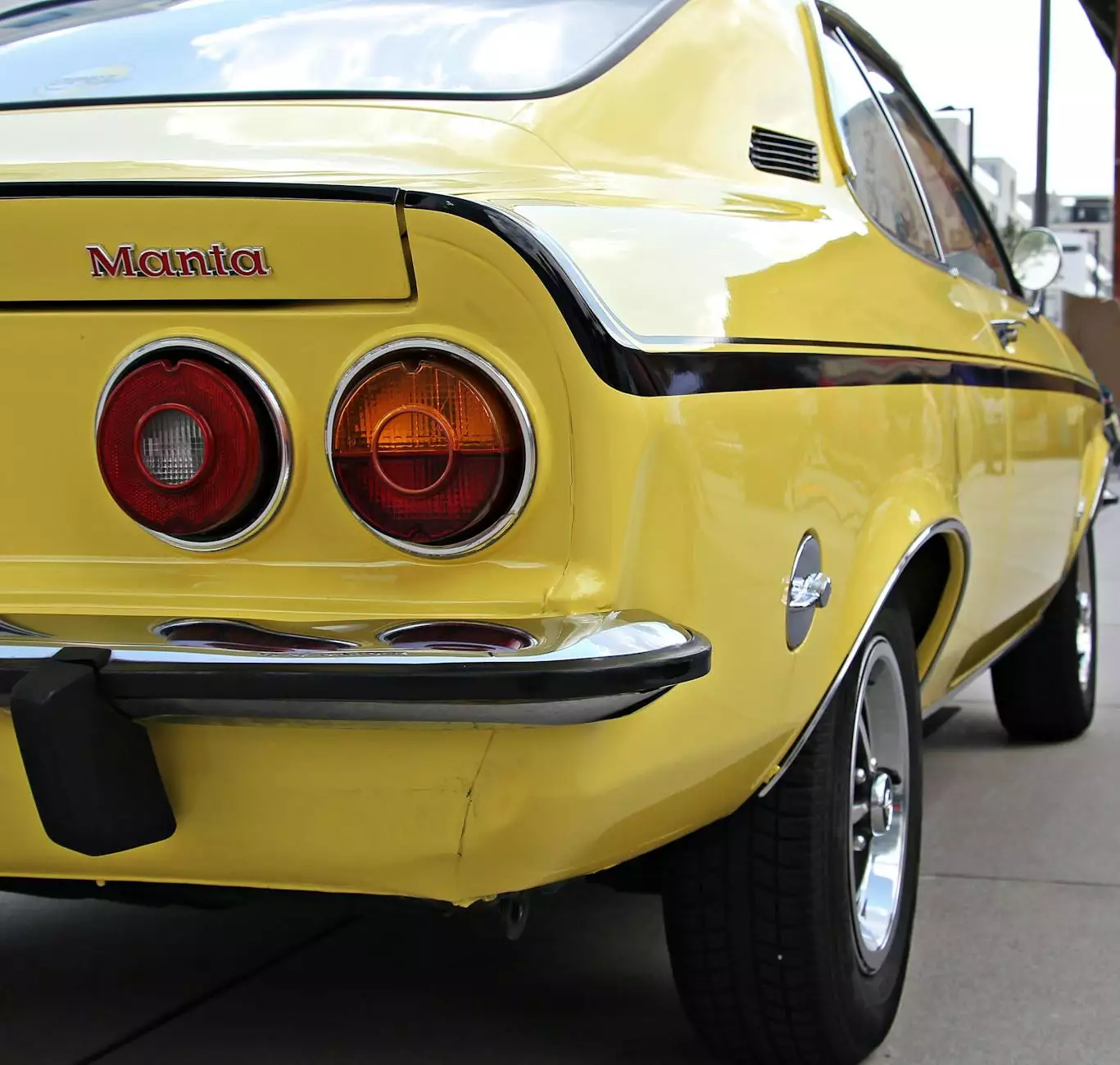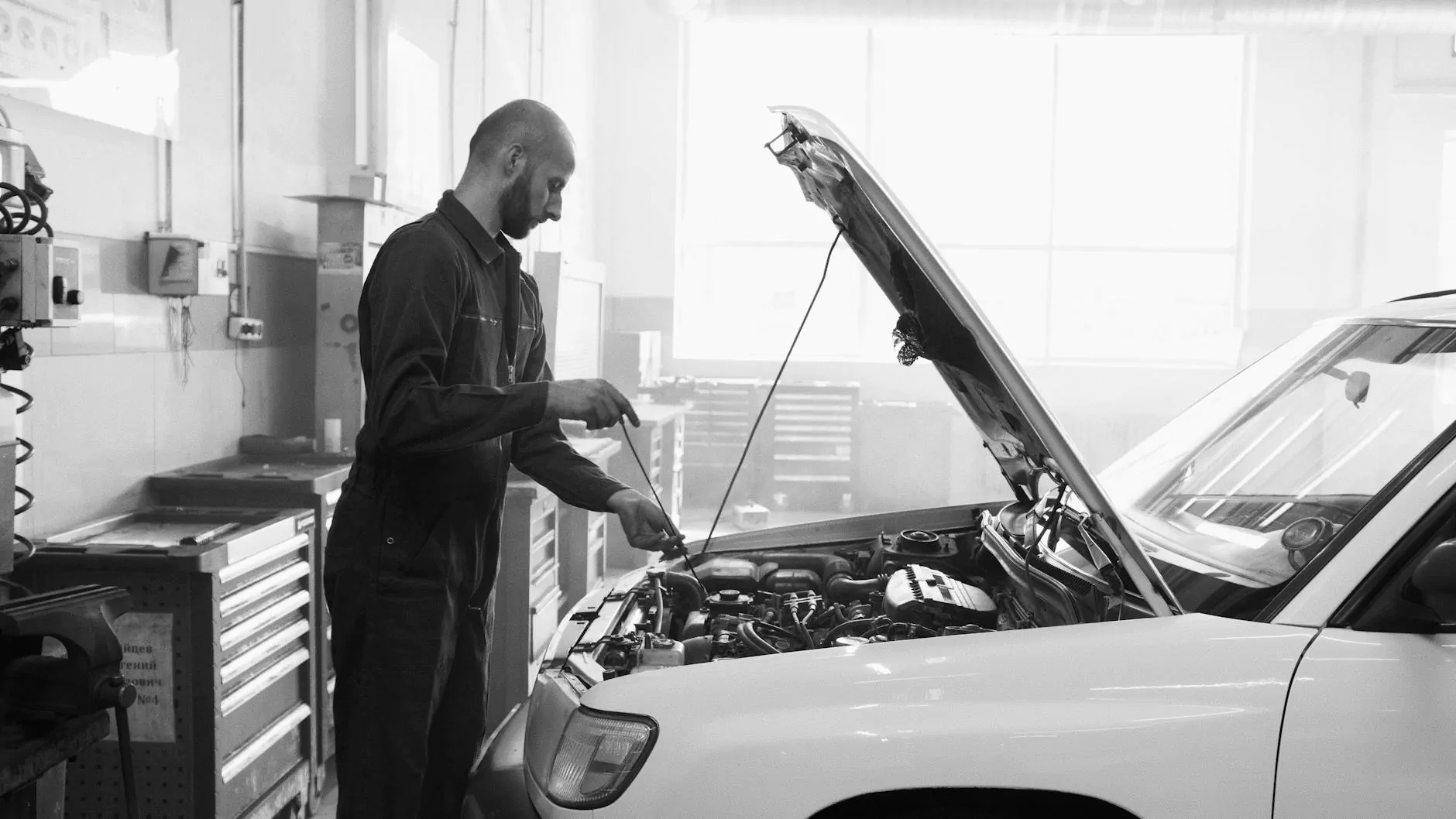Understanding the True Cost of Shock Absorber Car Replacement and Maintenance

Introduction to Shock Absorbers and Their Importance in Vehicle Safety
Shock absorbers are a crucial component of your vehicle's suspension system, responsible for controlling the impact and rebound movement of your car's springs. They play an essential role in providing a smooth ride, ensuring optimal tire contact with the road, and maintaining steering stability. Without properly functioning shock absorbers, driving becomes unsafe, uncomfortable, and can lead to increased wear on other vehicle parts.
In today's automotive landscape, understanding the shock absorber car cost is vital for vehicle owners who wish to balance safety, performance, and budget. Whether you're considering a replacement or planning to upgrade, being well-informed ensures that you make informed decisions that enhance your driving experience without overspending.
Why Shock Absorbers Are Critical for Vehicle Safety and Comfort
Shock absorbers serve multiple purposes that directly impact the safety and comfort of your vehicle:
- Maintaining Road Contact: By dampening road shocks, they ensure that tires maintain grip, especially on uneven terrains or during sudden maneuvers.
- Enhancing Vehicle Stability: Proper shock absorption prevents excessive body roll, sway, or bounce that can compromise control.
- Reducing Wear and Tear: Shock absorbers protect other suspension components, tires, and the chassis from premature damage.
- Improving Braking Performance: Well-maintained shocks help to reduce stopping distances and prevent skidding during sudden stops.
Given these critical functions, failing or worn-out shock absorbers can compromise safety dramatically. This underscores the importance of understanding the shock absorber car cost implications and maintenance routines.
What Influences the Shock Absorber Car Cost? Factors That Affect Pricing
The price of replacing or upgrading shock absorbers can vary significantly based on several factors. Here are the primary elements that influence the shock absorber car cost:
1. Vehicle Make and Model
Luxury, sports, or specialized vehicles often require high-performance shock absorbers which are more costly than standard types. For example, a high-end import or an SUV with advanced suspension systems typically entails a higher replacement cost.
2. Type of Shock Absorbers
- Conventional Shock Absorbers: Generally more affordable, suitable for most standard vehicles.
- Gas Shock Absorbers: Offer better performance and are somewhat more expensive.
- Air Shock Absorbers: Provide adjustable ride height and comfort but at a premium price.
- Performance or Heavy-Duty Shock Absorbers: Designed for off-road, racing, or heavy-load scenarios, involving higher costs.
3. Quality and Brand
Leading brands such as KYB, Monroe, Bilstein, or Sachs often command higher prices due to superior durability, engineering, and warranty coverage. Choosing premium brands can be an investment in vehicle safety and comfort over the long term.
4. Labor and Service Charges
Professional installation ensures the correct fit and optimal function of shock absorbers. Labor costs fluctuate based on the vehicle’s complexity, location, and mechanic rates. Typically, labor comprises about 50-70% of the total shock absorber car cost.
5. Additional Replacement Parts and Accessories
Sometimes, additional components such as mounts, bushings, or struts need replacement, increasing the overall expense.
6. Geographic Location
Regional market conditions, shipping costs, and local labor rates influence pricing, making shock absorber replacement more expensive in some areas.
Average Costs for Shock Absorber Replacement
To give a clearer picture, here are typical USD price ranges based on vehicle type and shock absorber quality:
- Standard Sedans: $150 - $400 per axle, including parts and labor.
- Luxury Vehicles: $400 - $800+ per axle.
- SUVs and Trucks: $300 - $1,000+ per axle, depending on size and complexity.
- High-Performance or Off-Road Shock Absorbers: $500 - $1,500+ per set.
These estimates illustrate that the shock absorber car cost depends heavily on your vehicle's specifications and your choice of quality components.
Cost-Benefit Analysis of Investing in Quality Shock Absorbers
While cheaper shock absorbers might seem appealing initially, they can lead to higher long-term costs due to frequent replacements, compromised safety, and excessive wear on other suspension parts. Investing in reputable brands and professional installation offers the following benefits:
- Enhanced Safety: More reliable and responsive shock absorption.
- Increased Comfort: Smoother rides on varied terrains and roads.
- Lower Long-Term Maintenance: Reduced wear on tires and suspension components.
- Improved Vehicle Resale Value: Well-maintained suspension systems contribute positively to vehicle appraisal.
This comprehensive approach justifies what might initially seem to be a higher shock absorber car cost, emphasizing value over mere price.
How to Choose the Right Shock Absorbers for Your Vehicle
Selecting the suitable shock absorbers involves considering several essential factors:
- Compatibility: Ensure they fit your vehicle’s make, model, and year.
- Driving Conditions: Off-road, city driving, or high-performance needs dictate different shock absorber types.
- Performance Expectations: Whether you prioritize comfort or handling performance.
- Budget: Balance between affordability and quality for optimal safety and durability.
- Brand Reputation and Reviews: Look for trusted manufacturers and user feedback.
Shopping through reputable suppliers such as 1autoparts.com ensures access to a broad selection of trusted brands, competitive prices, and quality assurance.
Maintenance Tips for Prolonging the Life of Shock Absorbers
Proper maintenance extends the lifespan of your shock absorbers, saving costs and ensuring continued safety. Here are some practical tips:
- Regular Inspections: Check for leaks, dents, or uneven tire wear at least twice a year.
- Monitor Ride Quality: If your vehicle exhibits excessive bouncing, swaying, or noise, consider immediate inspection.
- Maintain Proper Tire Pressure: Under- or over-inflated tires can strain suspension components.
- Practice Smooth Driving: Avoid aggressive driving over potholes, curbs, and rough terrain.
- Timely Replacement: Follow manufacturer recommendations or replace shock absorbers as soon as signs of wear appear.
Conclusion: Investing Wisely in Your Vehicle’s Suspension System
Understanding the intricacies of the shock absorber car cost allows vehicle owners to make informed decisions that prioritize safety, comfort, and value. While the cost can vary based on numerous factors, choosing quality components and professional installation ensures long-term benefits, reduced maintenance, and enhanced driving experience.
At 1autoparts.com, you will find a comprehensive selection of shock absorbers tailored to your vehicle's needs, coupled with expert advice to help you make the best investment. Remember, your suspension system is vital for safe and enjoyable driving — don’t compromise on quality and care.
© 2024 1autoparts.com. All rights reserved.









